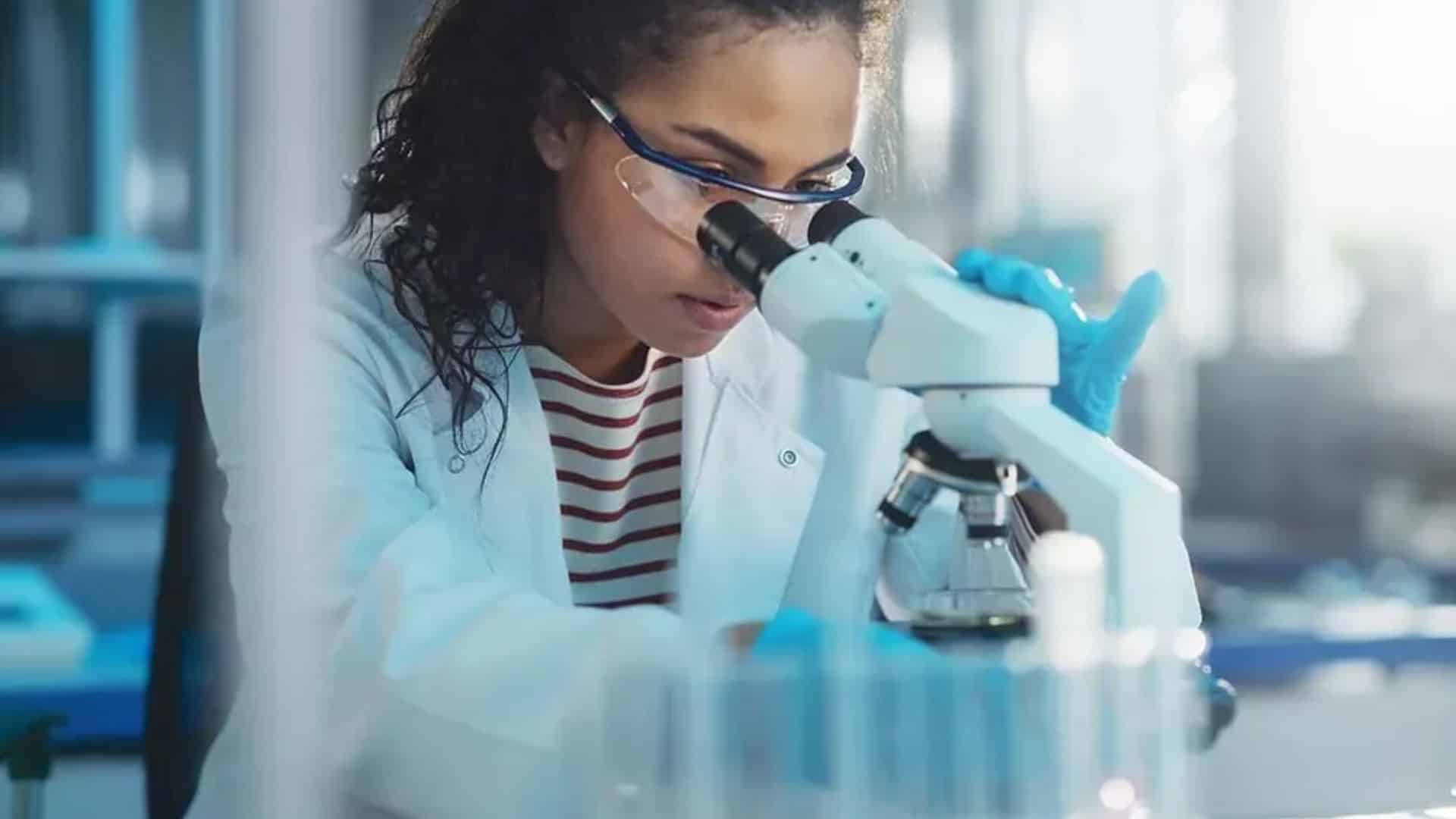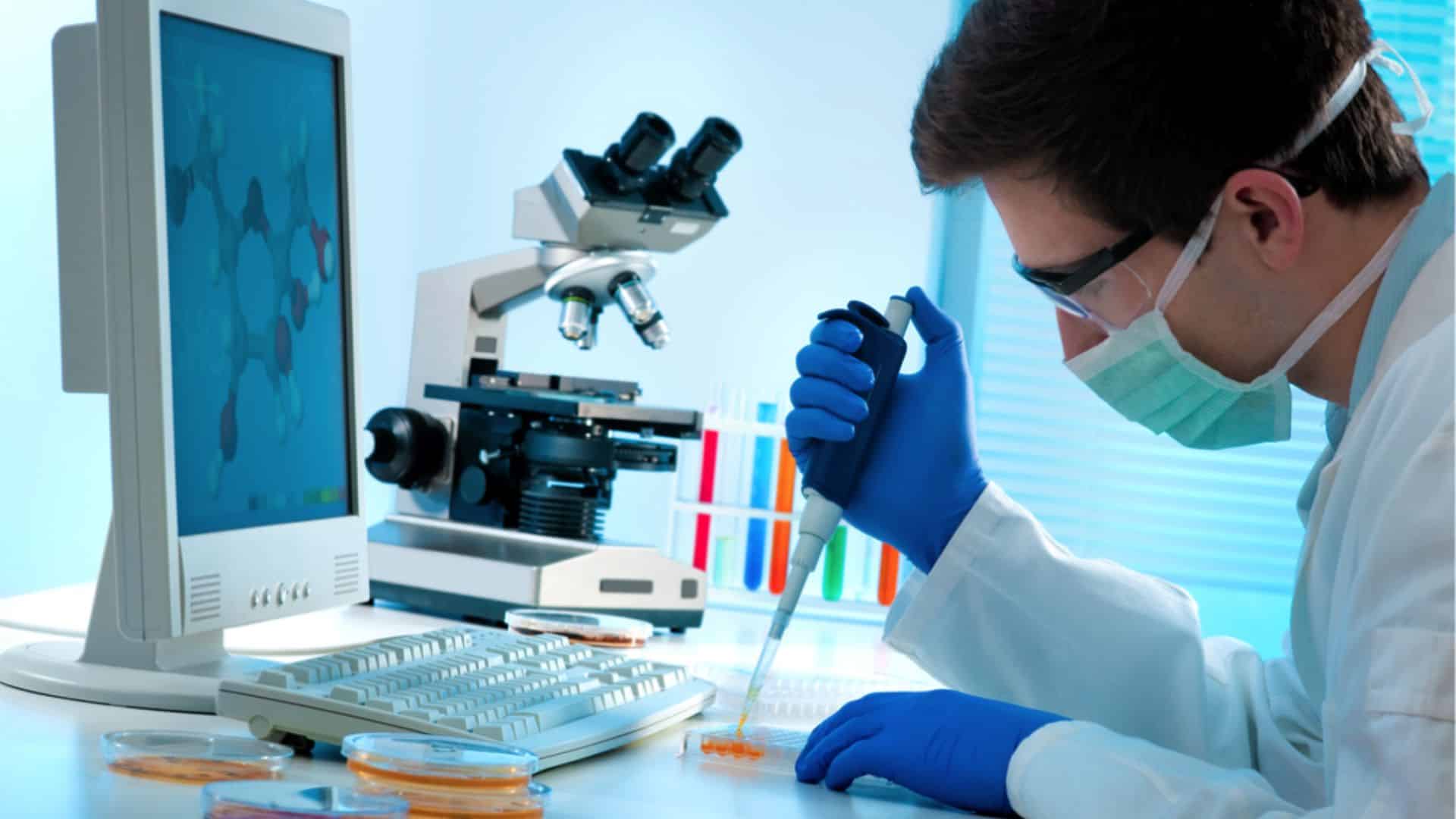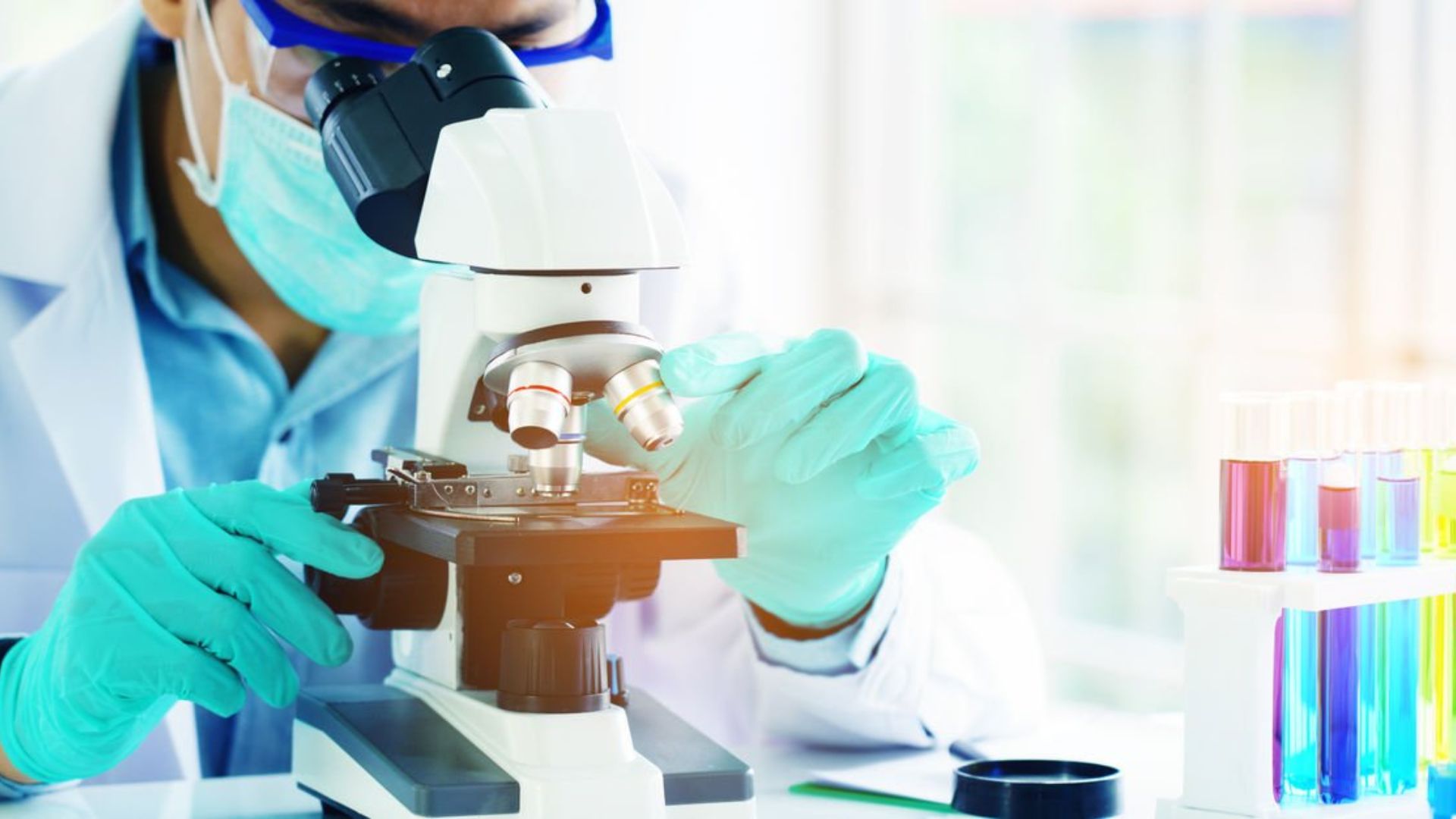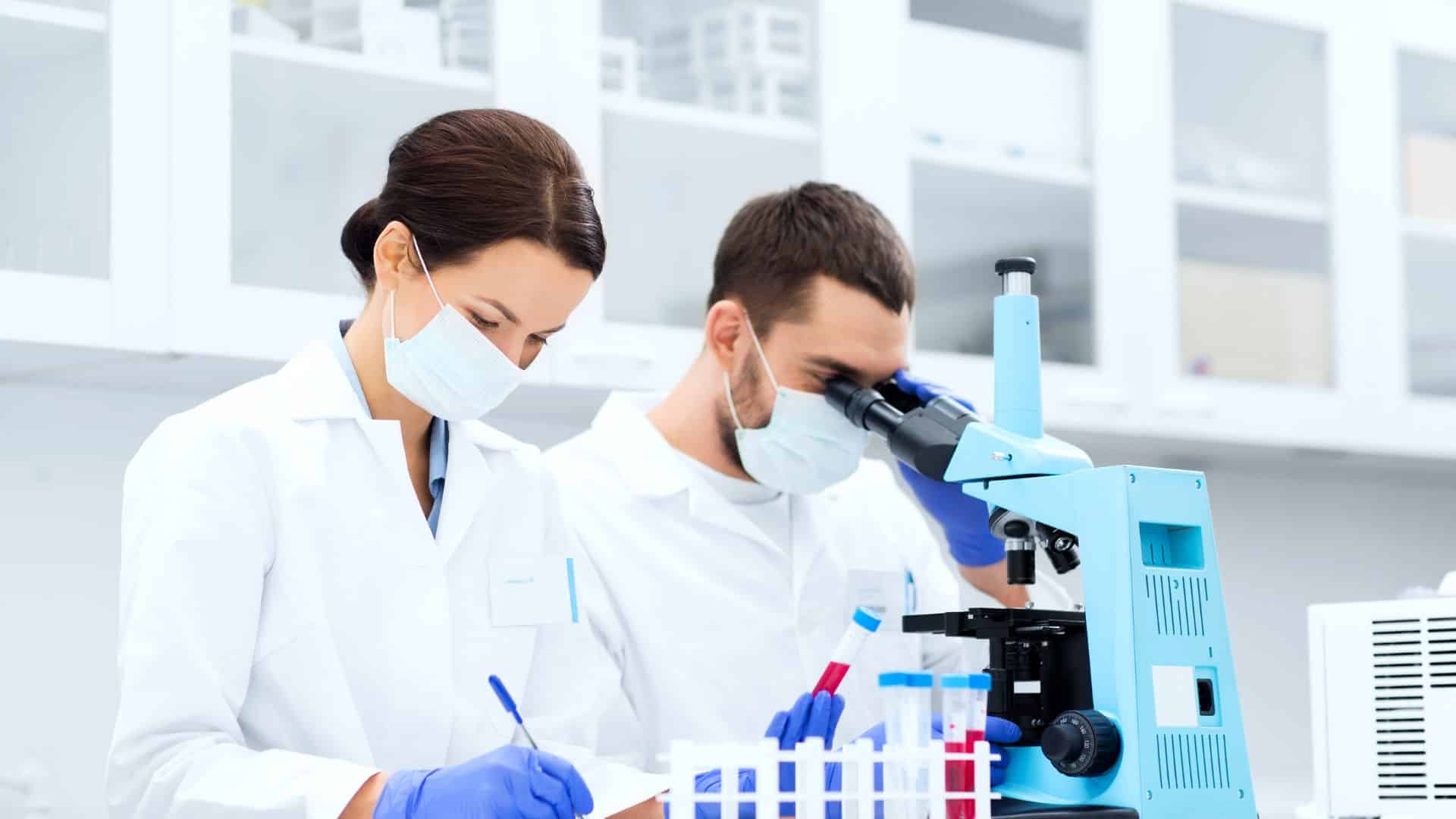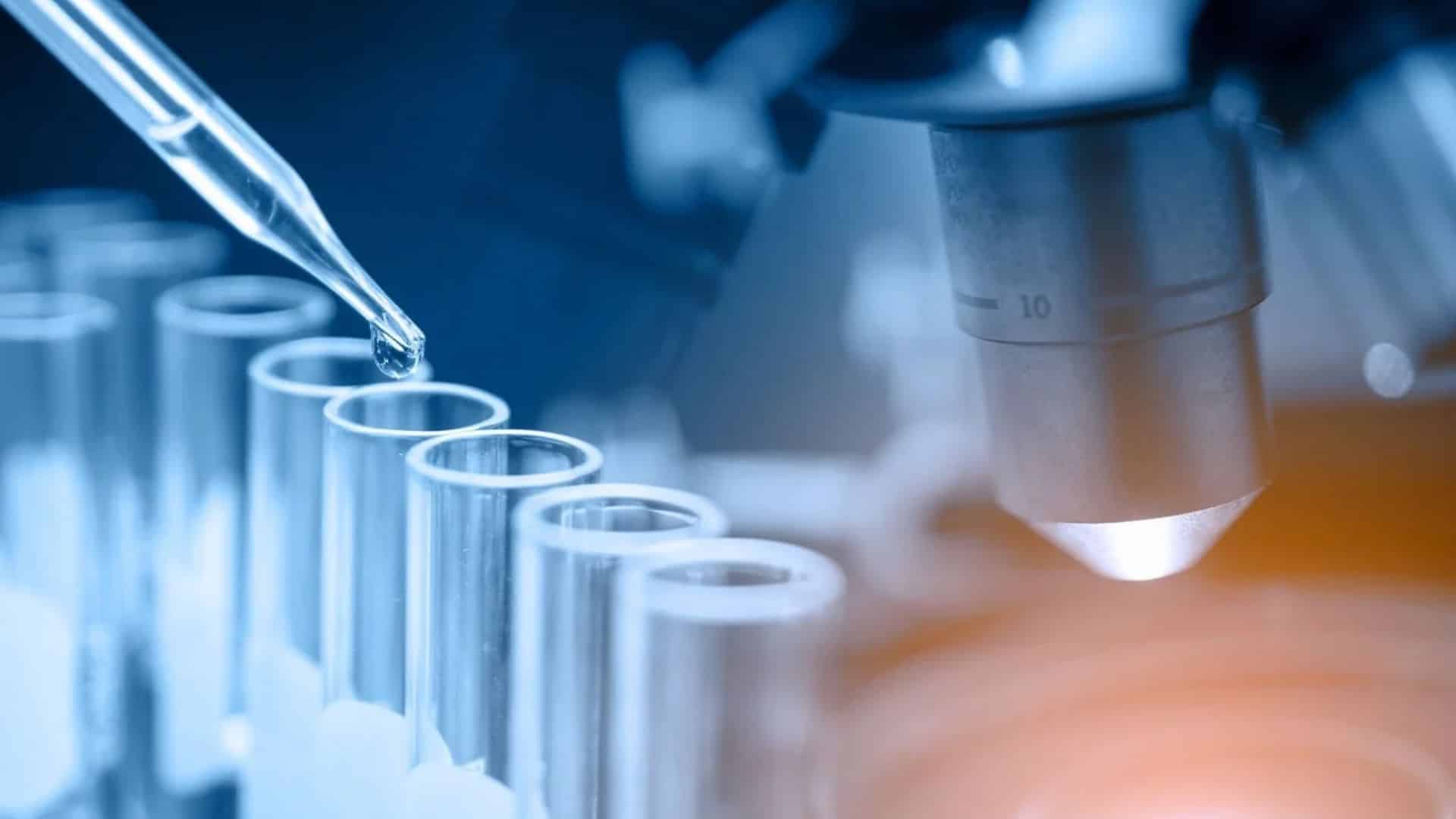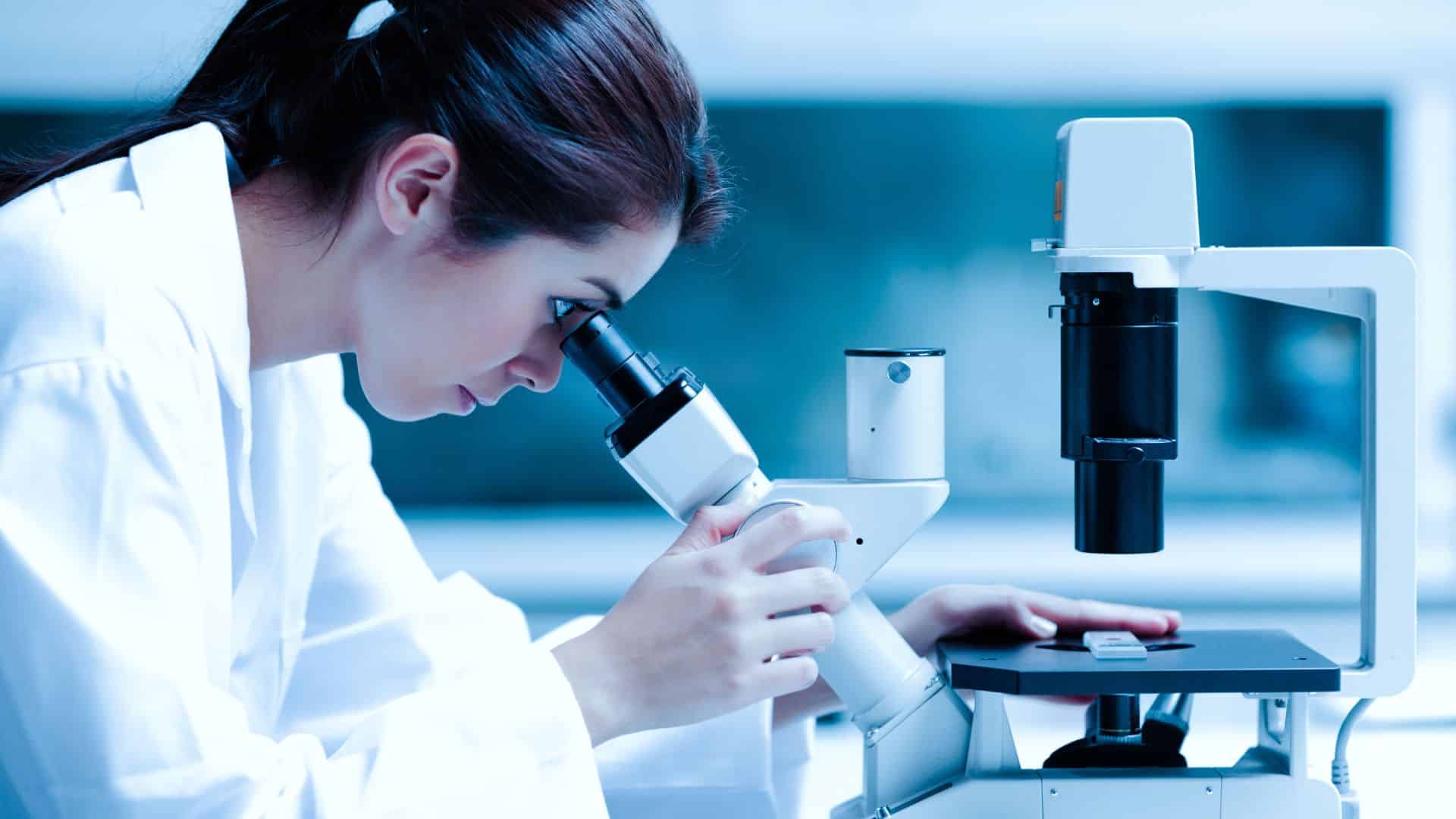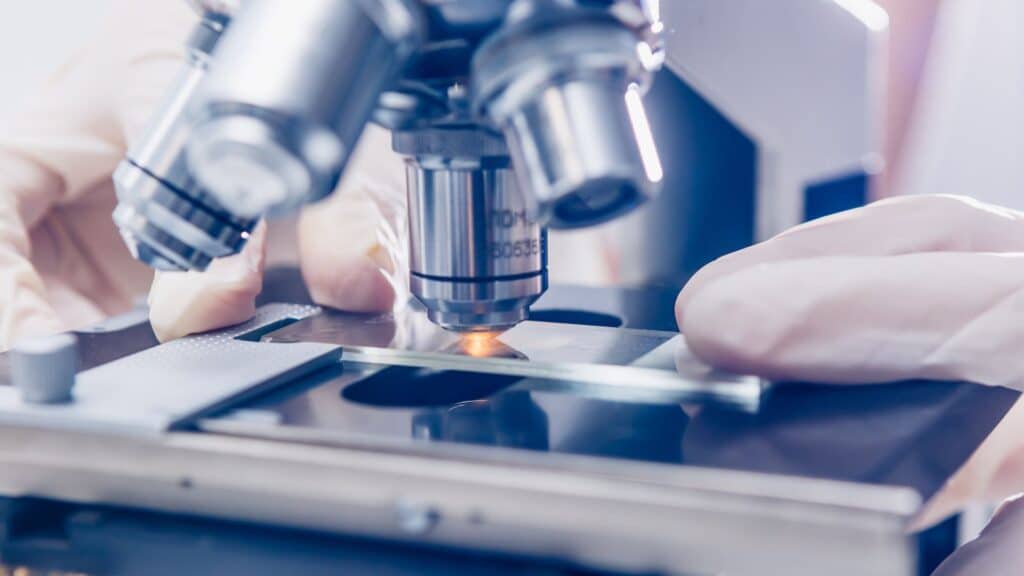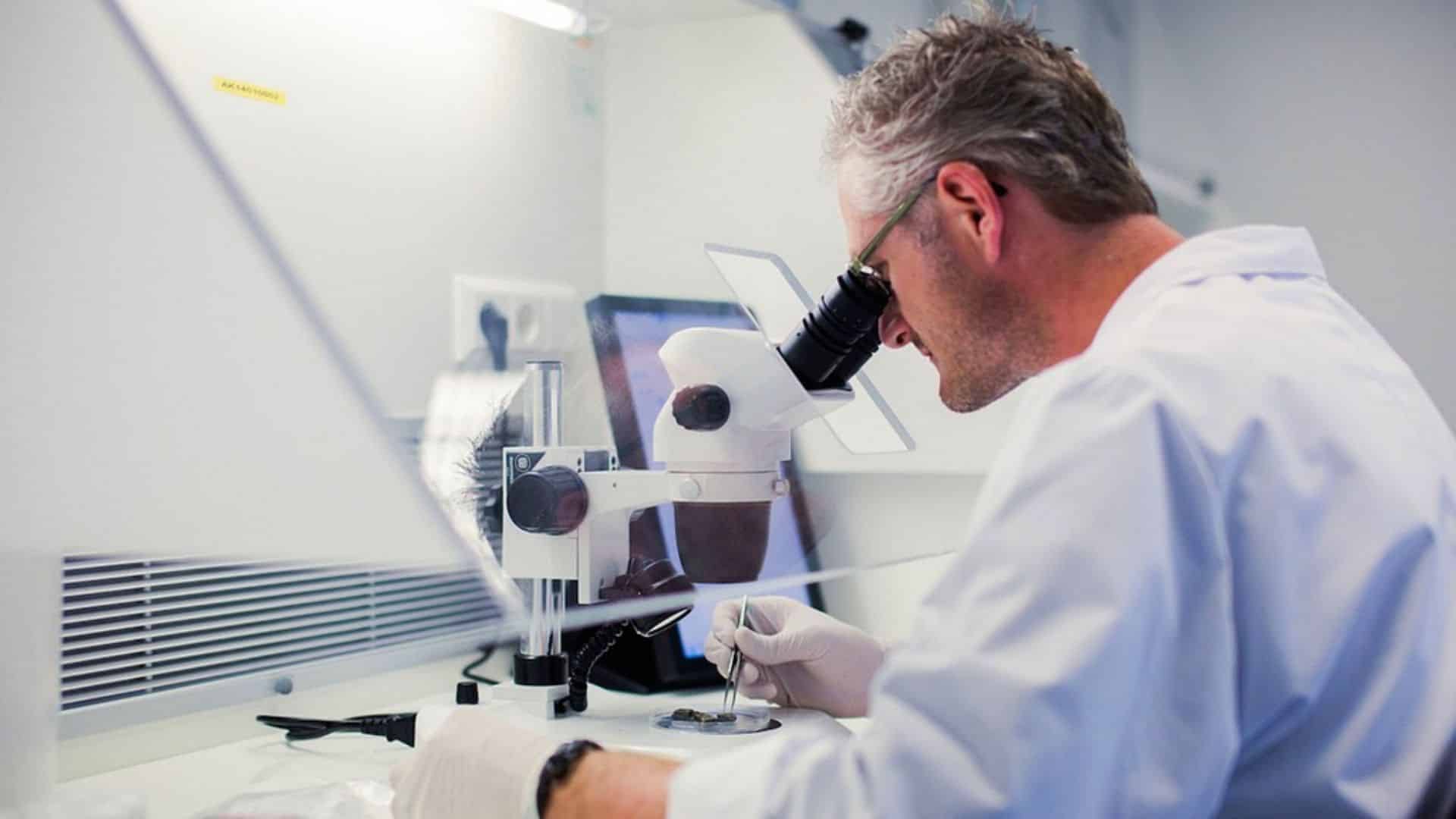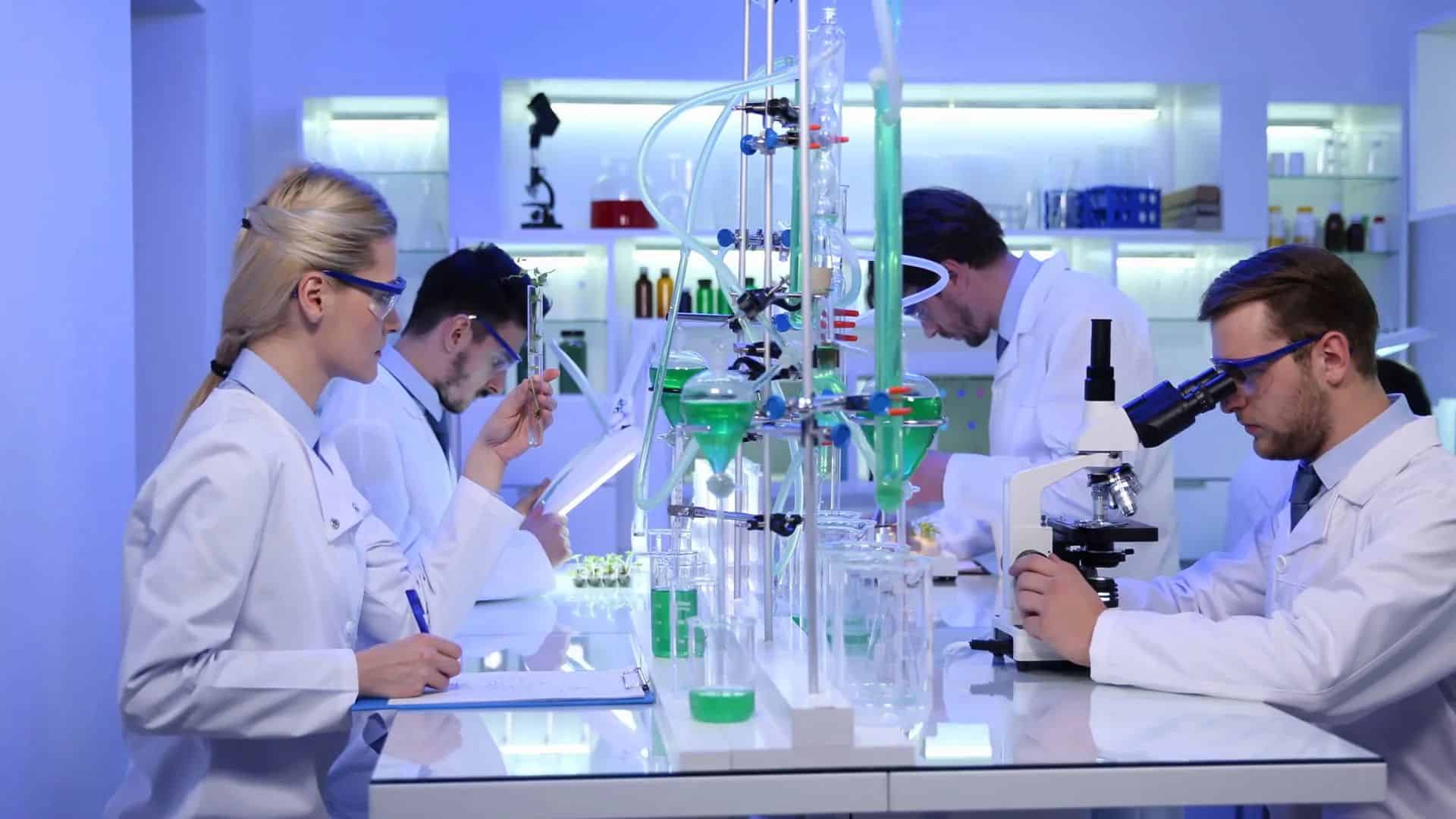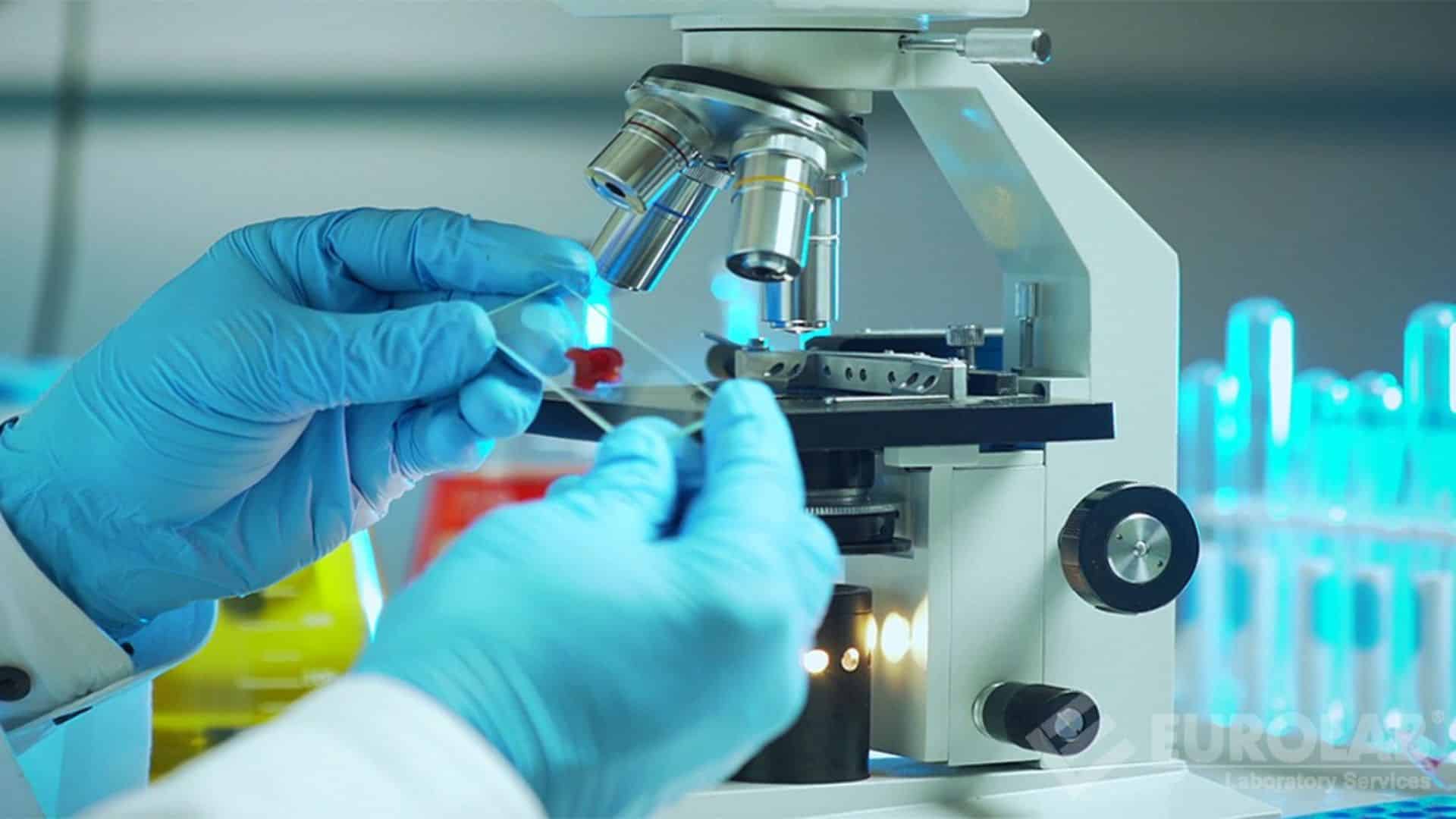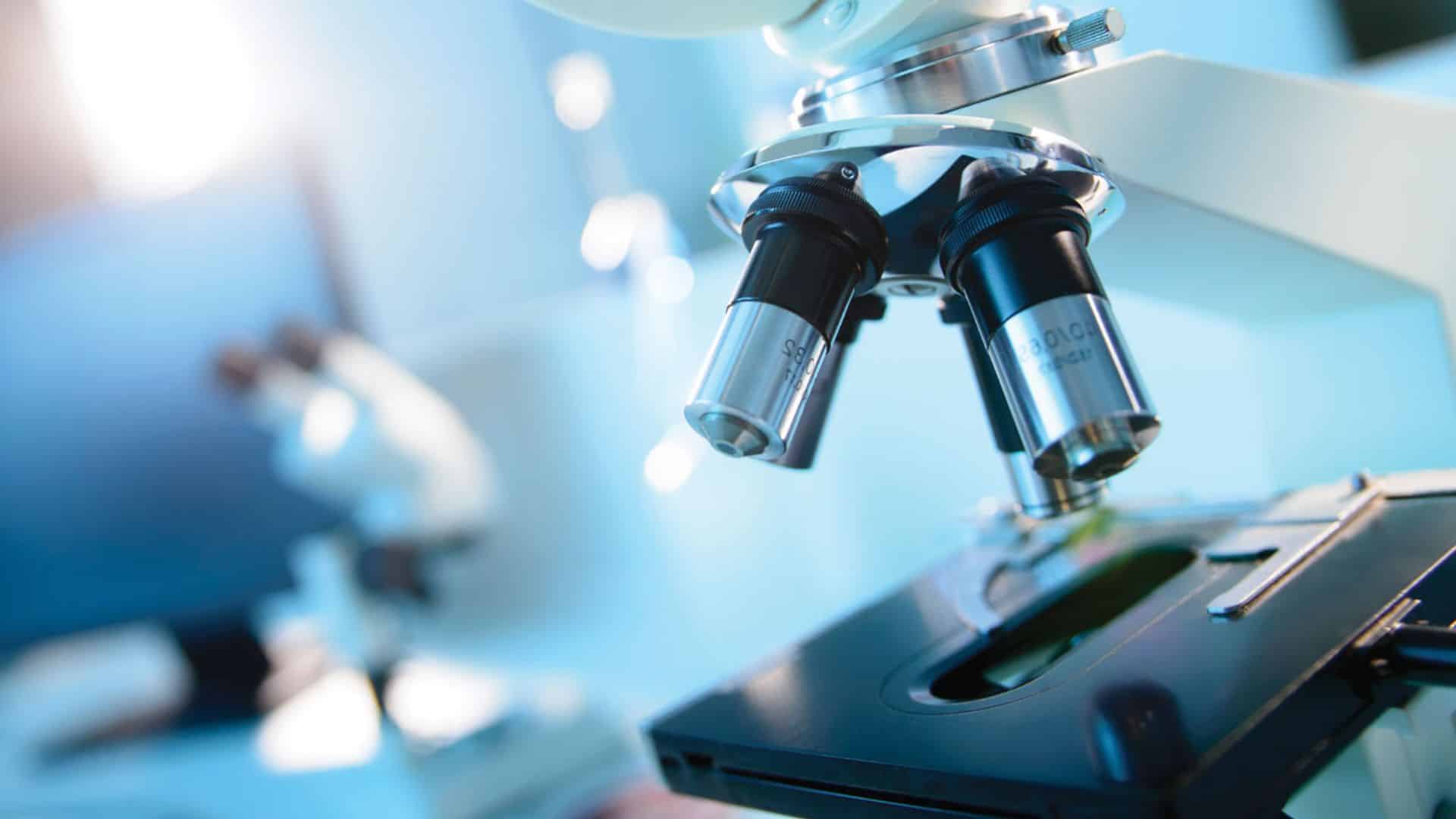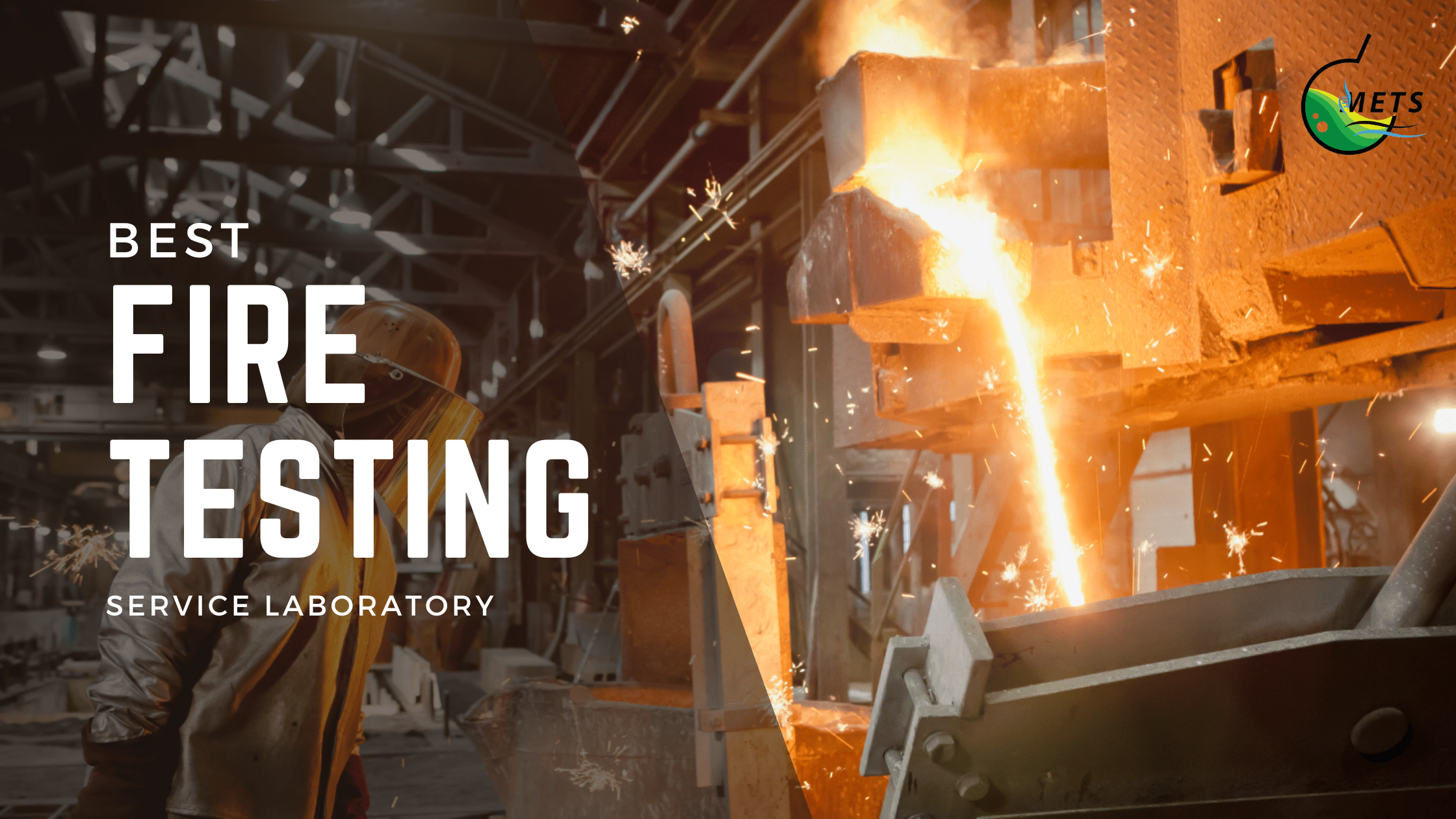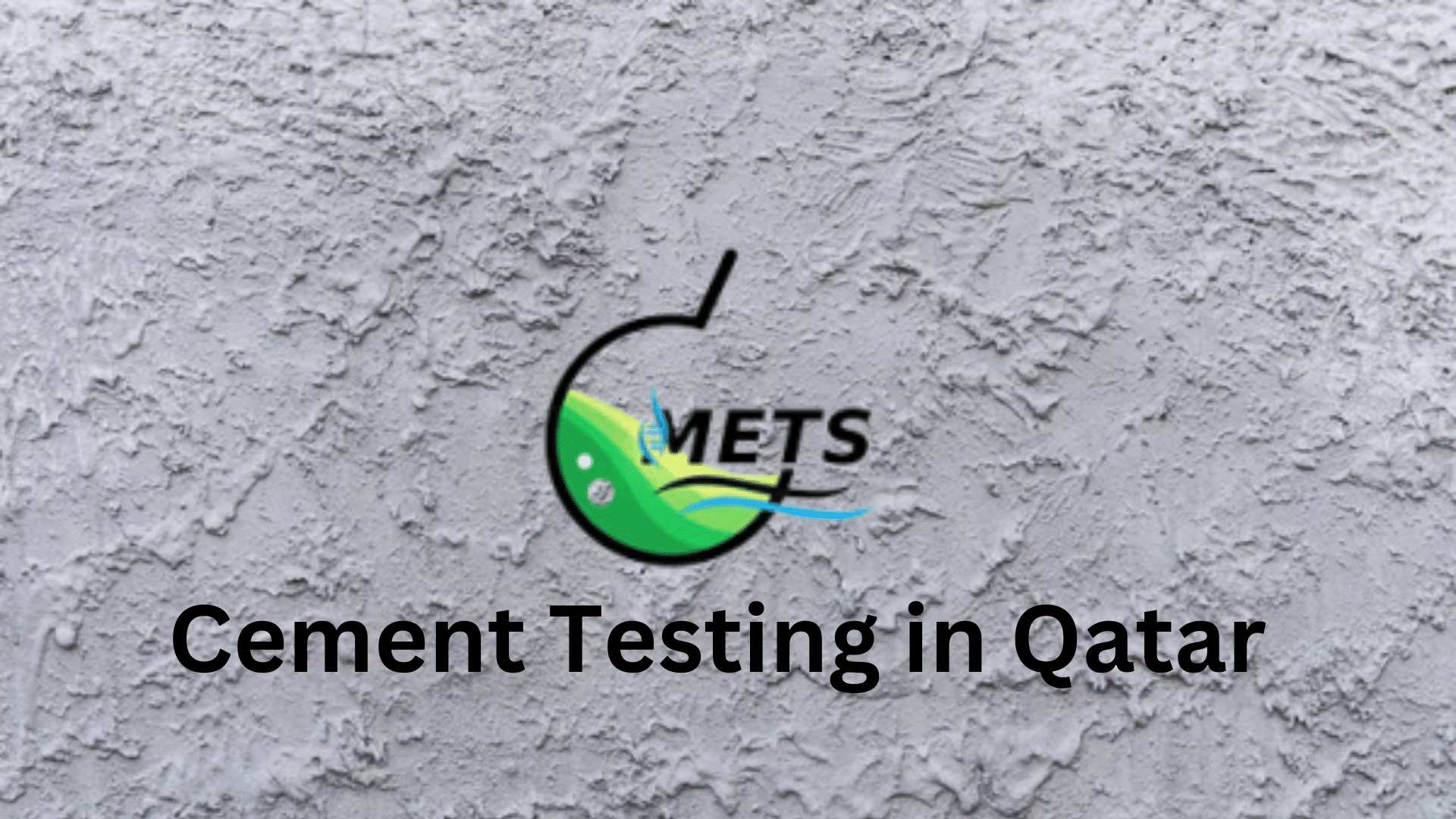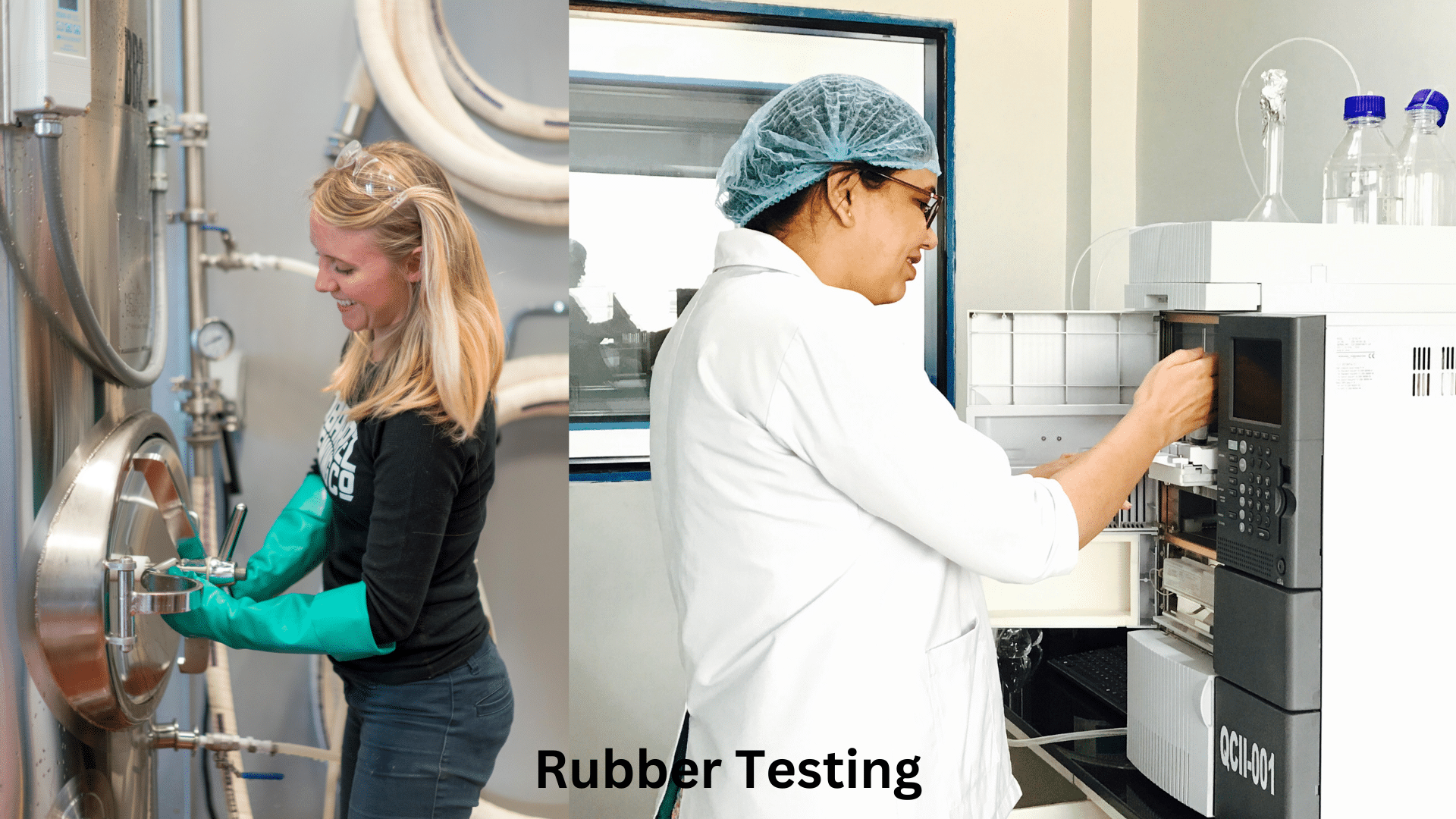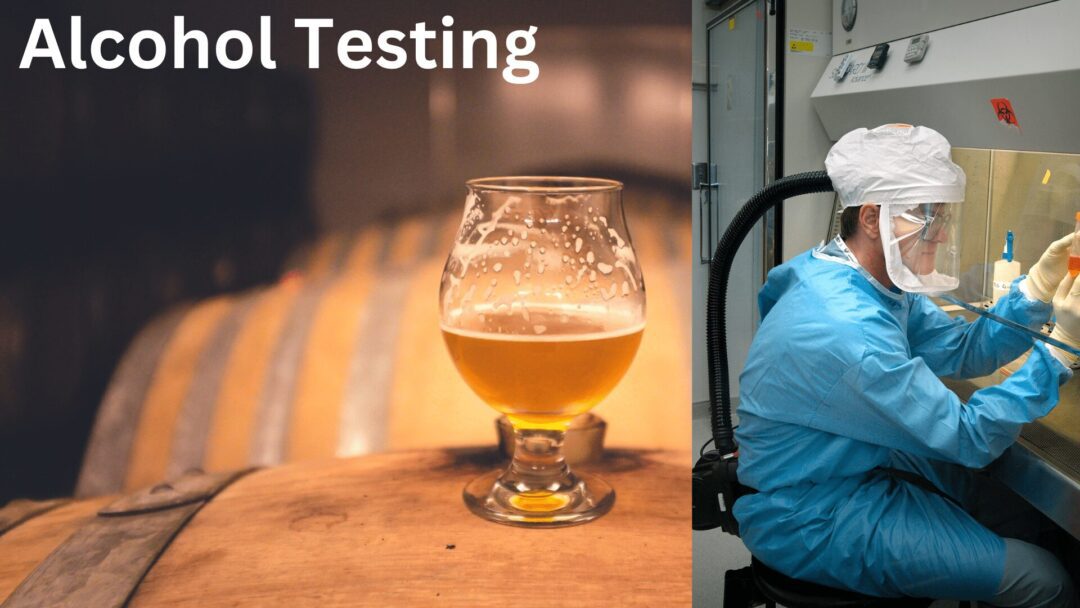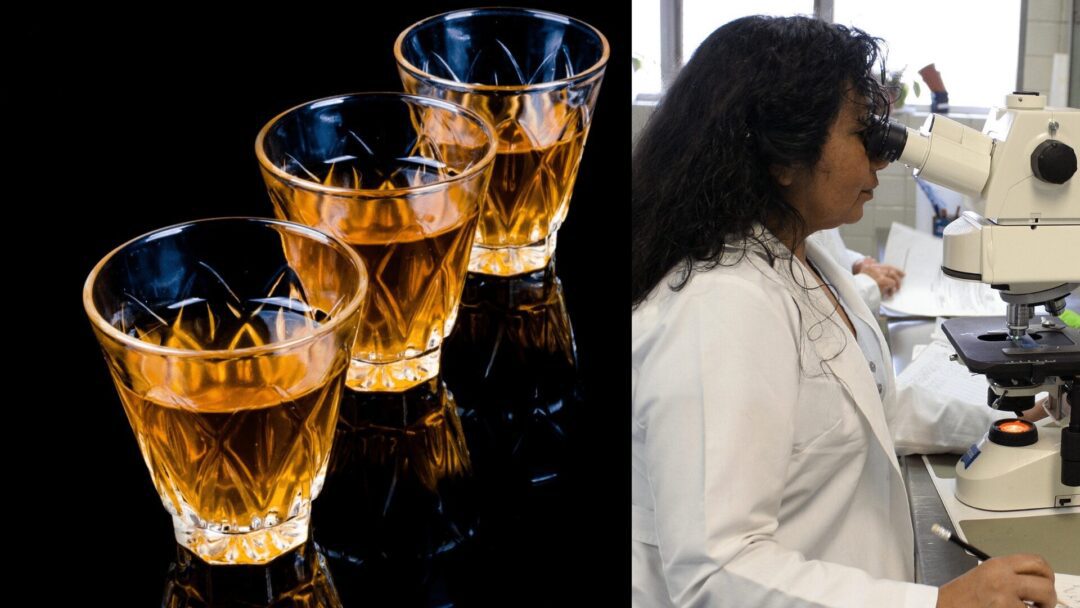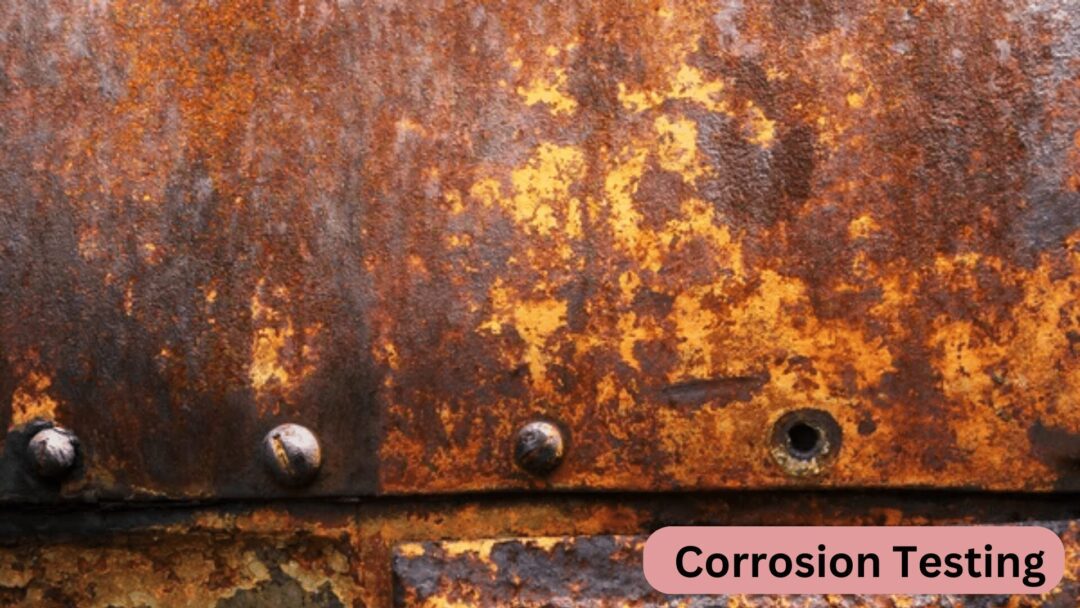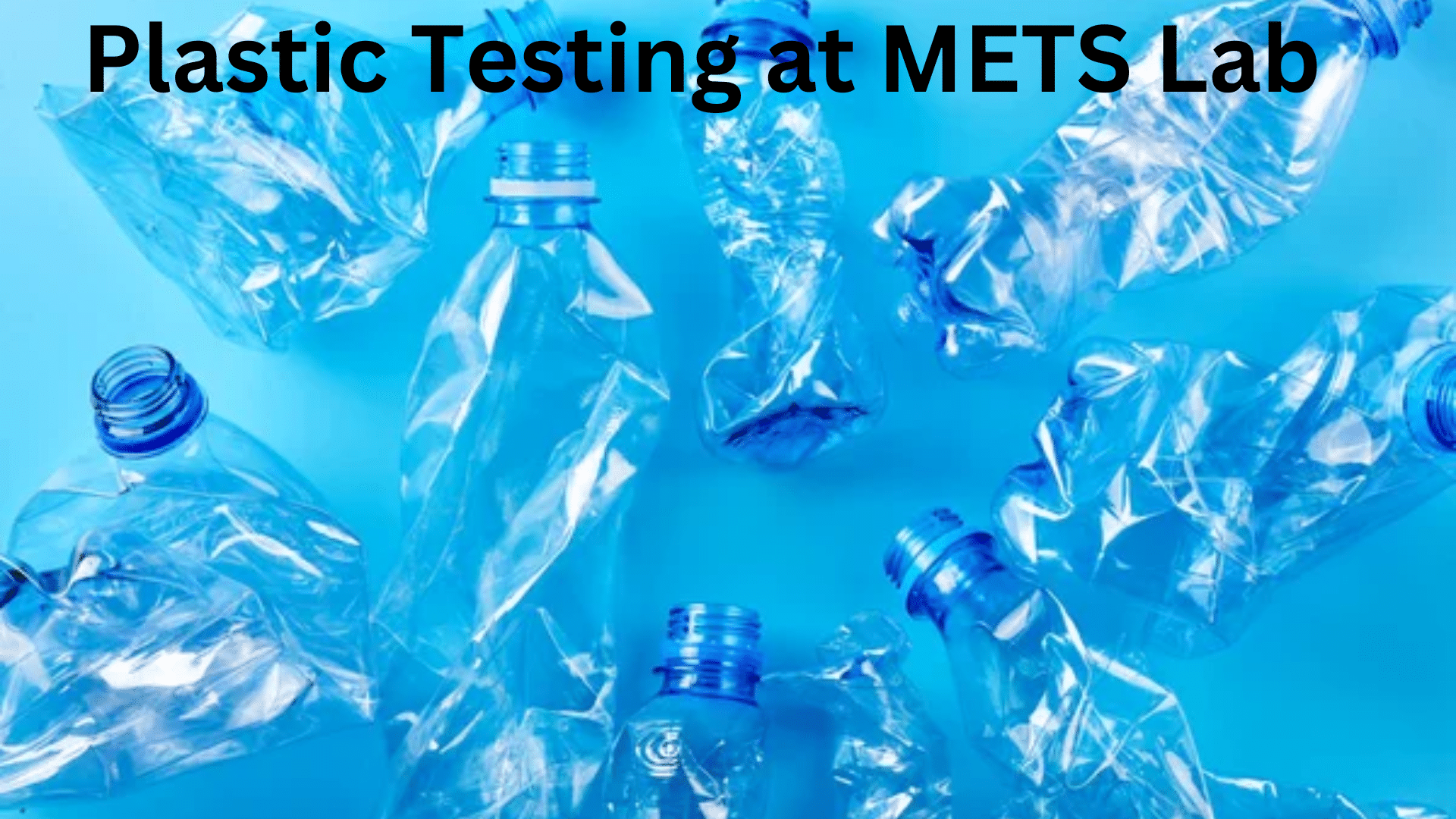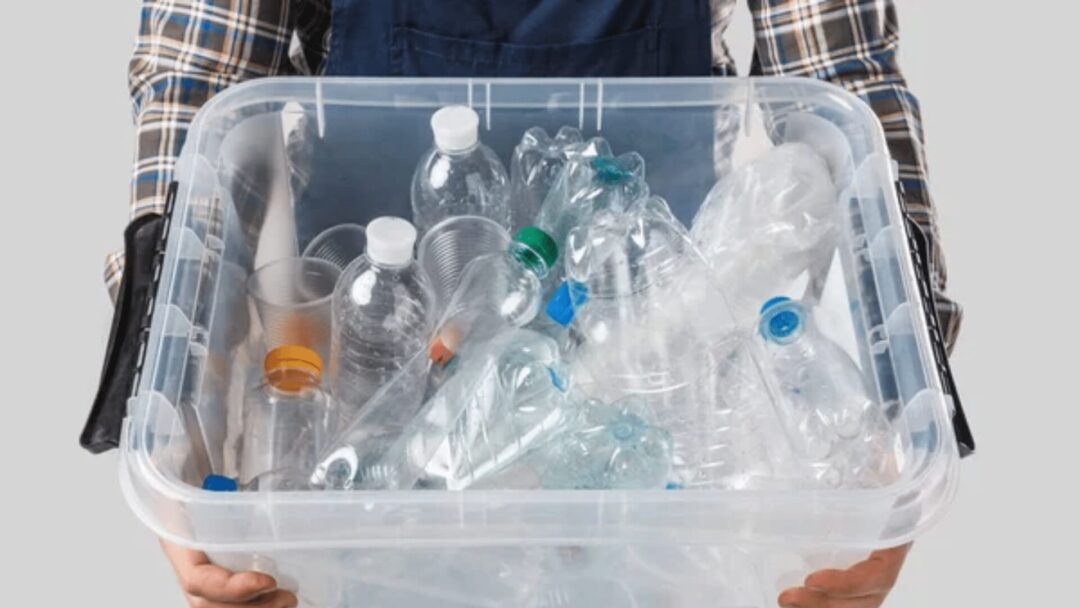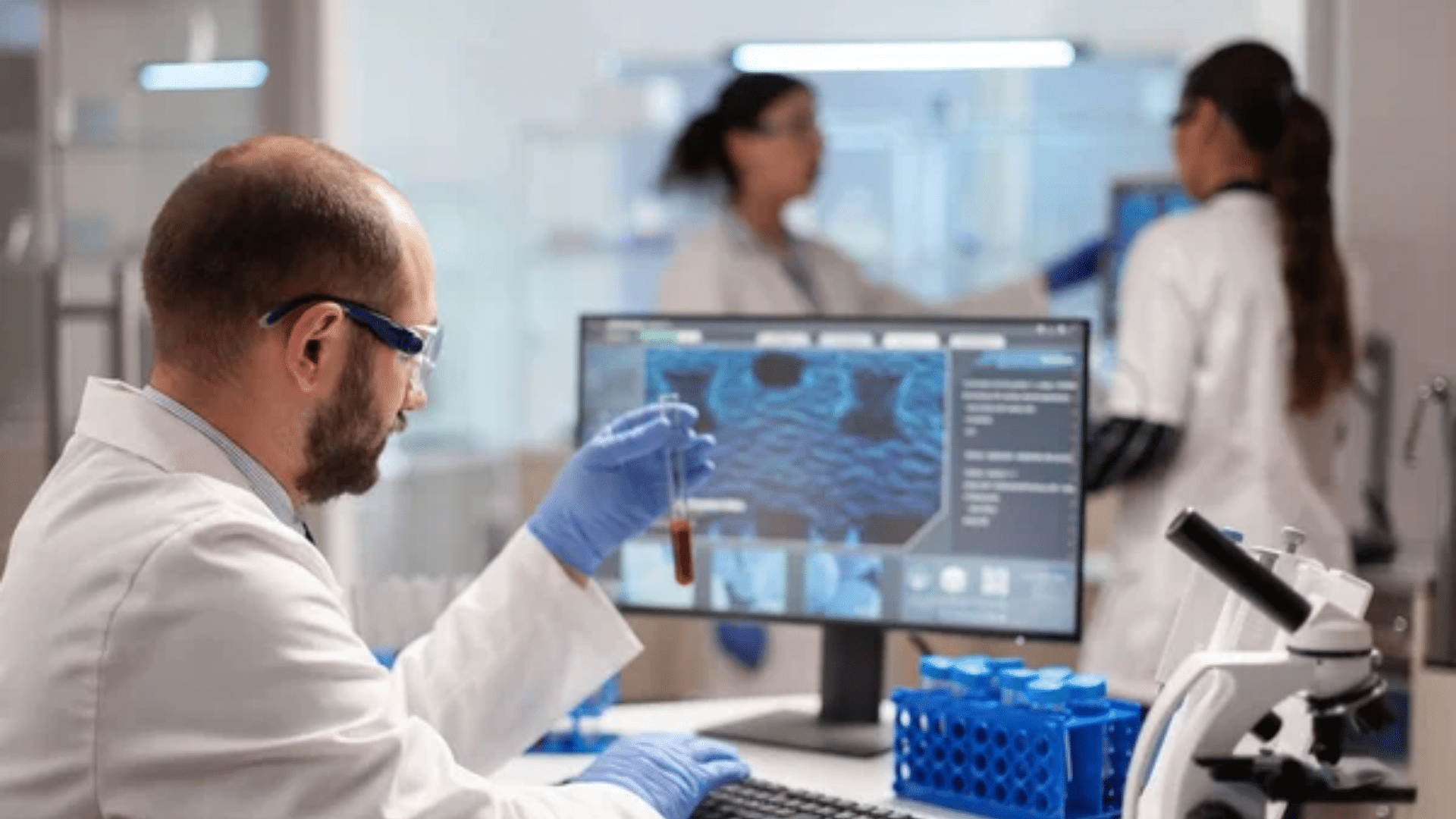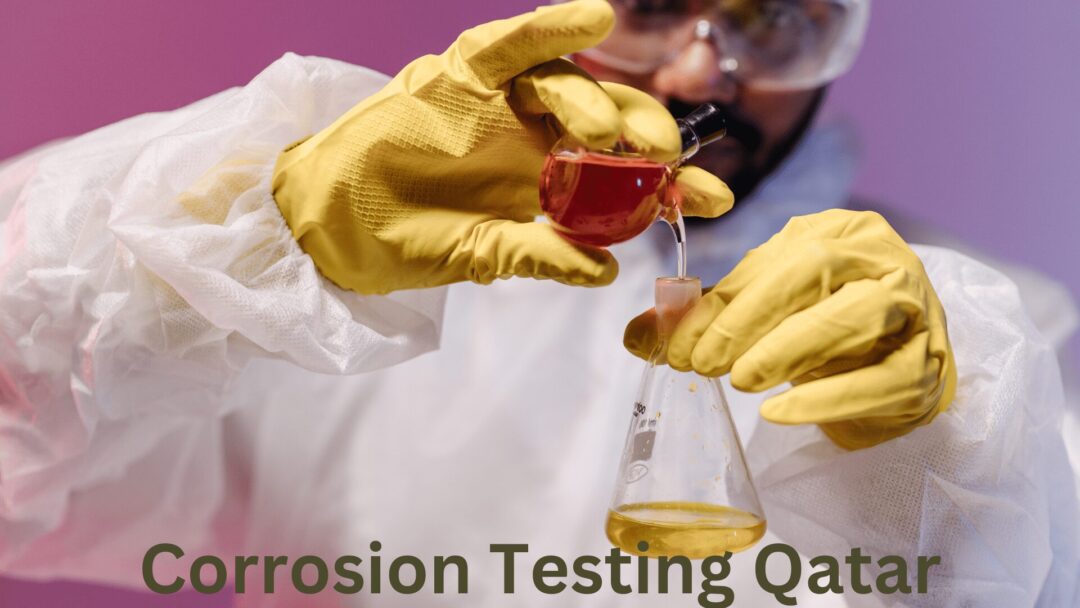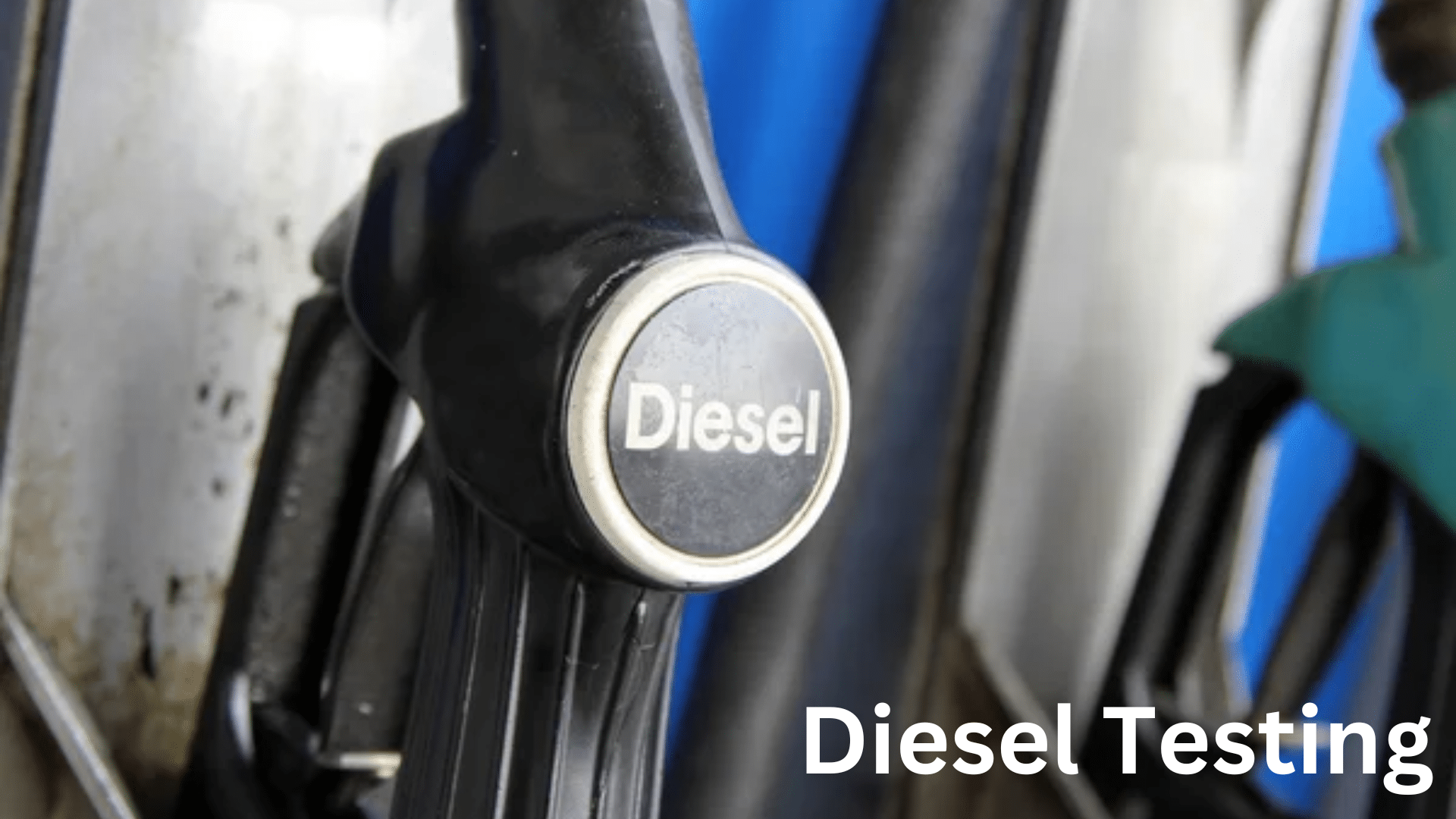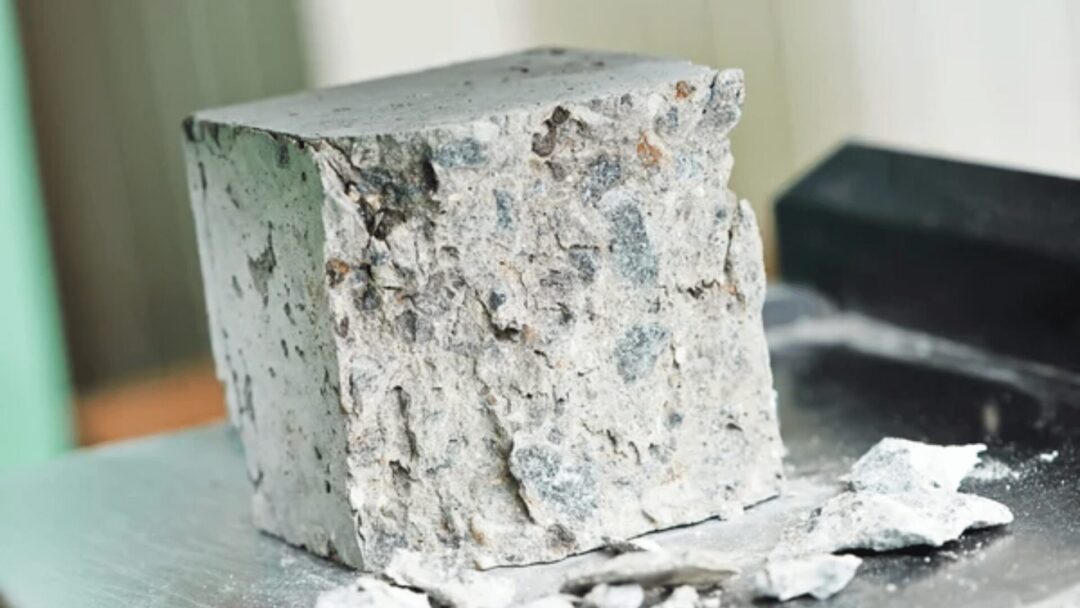SGS is a globally recognized leader in inspection, verification, testing, and certification services. Their comprehensive range of services plays a critical role in enhancing quality, efficiency, and safety across various industries. This blog explores the key industries that significantly benefit from SGS services, highlighting how these services support industry-specific needs and drive overall improvement.

Introduction to SGS
SGS has a long-standing reputation for delivering high-quality services that help organizations meet regulatory requirements and enhance their operational efficiency. With a presence in nearly every industry, SGS offers tailored solutions that address unique challenges and support sustainable growth.
Agriculture and Food
The agriculture and food industry is one of the primary sectors that benefit from SGS services. Ensuring the safety and quality of food products is critical to protecting public health and maintaining consumer trust.
- Food Safety Testing: SGS provides comprehensive testing services to detect contaminants and ensure food products meet safety standards.
- Certification Services: They offer certification for food safety management systems, such as ISO 22000, which helps businesses demonstrate their commitment to quality and safety.
- Supply Chain Audits: SGS conducts audits to ensure compliance with regulations and standards throughout the food supply chain.
Oil, Gas, and Chemicals
The oil, gas, and chemicals industries rely heavily on SGS services to ensure safety, compliance, and efficiency. The complex and hazardous nature of these industries makes stringent testing and certification essential.
- Inspection and Testing: SGS offers inspection services for equipment and facilities to ensure they meet safety and operational standards.
- Environmental Services: They provide environmental testing and monitoring to help companies comply with environmental regulations and minimize their environmental impact.
- Risk Management: SGS assists in identifying and managing risks associated with the extraction, production, and transportation of oil, gas, and chemicals.
Construction and Infrastructure
In the construction and infrastructure sector, SGS services are crucial for ensuring the quality and safety of materials, structures, and processes.
- Material Testing: SGS conducts testing on construction materials to verify their quality and suitability for specific projects.
- Structural Inspections: They perform inspections of buildings and infrastructure to ensure compliance with safety and regulatory standards.
- Project Management: SGS offers project management services to help oversee construction projects and ensure they are completed on time and within budget.
Automotive
The automotive industry benefits from SGS services through enhanced quality control, compliance, and innovation support.
- Vehicle Testing and Certification: SGS provides testing and certification services for vehicles and automotive components to ensure they meet regulatory standards.
- Supply Chain Audits: They audit automotive supply chains to ensure quality and compliance throughout the production process.
- Innovation Support: SGS supports research and development in the automotive industry by providing testing services for new technologies and materials.
Conclusion
SGS services provide invaluable support across a wide range of industries, ensuring safety, compliance, and quality. From agriculture and food to healthcare and pharmaceuticals, SGS’s comprehensive services help organizations meet regulatory requirements, enhance operational efficiency, and foster innovation. By leveraging SGS services, businesses can achieve higher standards, protect public health, and drive sustainable growth. The ongoing partnership between SGS and these key industries underscores the vital role that inspection, verification, testing, and certification play in today’s global economy.







